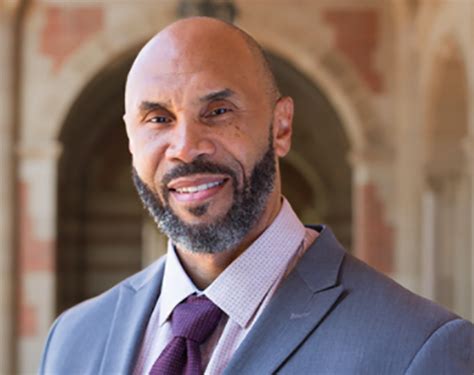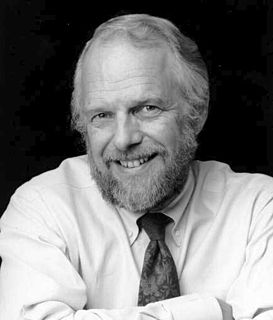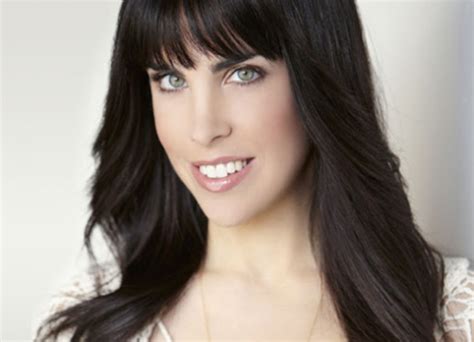A Quote by Thomas Sowell
In various countries and times, leaders of groups that lagged behind, economically and educationally, have taught their followers to blame all their problems on other people - and to hate those other people.
Related Quotes
Not many of us will be leaders; and even those who are leaders must also be followers much of the time. This is the crucial role. Followers judge leaders. Only if the leaders pass that test do they have any impact. The potential followers, if their judgment is poor, have judged themselves. If the leader takes his or her followers to the goal, to great achievements, it is because the followers were capable of that kind of response.
Do you realize how many people of this country have been educated, have grown up, who have been taught that, yeah, we're at risk and there's a lot of people that want to blow us up and don't like us. But we are to blame. That's what they've been taught. We are to blame, 'cause there was slavery, because we've stolen all these goods and resources from other countries. We have imposed our way of life on them! We've sent our military around, and we've conducted wars on their territory and so forth.
The demonization of Islam and immigrants shows that perception of difference remains one of our biggest problems, and maybe always will be for a species that began in small groups competing with other groups for resources. These apparently competing forces for sameness and difference sometimes even seem to be mutually reinforcing. The homogenizing force of globalization tends to make many people feel they are on the losing side, economically and culturally, and it is they who are most easily turned against those "others" who are demonized by demagogues.
People learn a lot about what they think they know about other people from what they see in the media. If they see certain types of images reproduced over and over again for other groups that limit them to narrow types of roles and portrayals, they start to take those prejudices into their interactions with those people in real society, and that creates all kinds of discriminatory problems.
There are two kinds of people in this world: the ones who don't cook out of and have NEVER cooked out of THE I HATE TO COOK BOOK, and the other kind...The I HATE TO COOK people consist mainly of those who find other things more interesting and less fattening, and so they do it as seldom as possible. Today there is an Annual Culinary Olympics, with hundreds of cooks from many countries ardently competing. But we who hate to cook have had our own Olympics for years, seeing who can get out of the kitchen the fastest and stay out the longest.
People have been fed misinformation. The fact is that the fighting that is going on on the ground in Syria is with Al Qaeda, with Jabhat al Nusra, with Daesh. The pockets, small pockets, of other groups are usually surrounded by these various extremist groups. . . . Once they stop fighting, there is nothing for the Syrian government to hit other than the terrorist organizations.
Often, in a given project team or network, one sees leadership roles shifting among various members at various times. Attempts to fit these into traditional views of "leader" and "follower" don't quite work. It's more like Twitter: the "leader" has "followers" - but the "followers" are empowered to alter the relationship unilaterally, and the "leader" must continually earn the consent of the "followers."
We are all healers of each other. Look at David Spiegel's fascinating study of putting people together in a support group and seeking that some people in it live twice as long as other people who are not in a support group. I asked David what went on in those groups and he said that people just cared about each other. Nothing big, no deep psychological stuff-people just cared about each other. The reality is that healing happens between people.





































